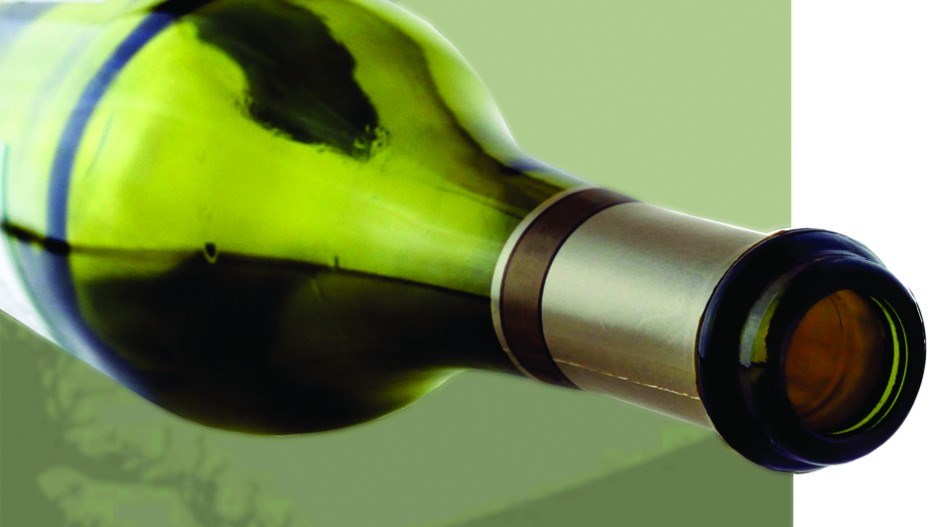The signing of the Canada-U.S. free trade agreement in 1988 and the resulting decision to pull out all but 1,000 acres of grapevines left the province’s 210 grape growers angry and frustrated.
While the government paid growers $8,100 an acre and hosted reorientation sessions, many growers left an industry they felt had been gutted to satisfy foreign interests.
But today, B.C. wine grape acreage is just short of 10,000 acres and the number of grape wineries has expanded to 234 from a dozen.
Meanwhile, production at estate wineries making wine solely from B.C. grapes has risen to 8.3 million litres from 600,000. Sales of B.C. VQA wines now account for approximately 13.5% of all wines sold in the province – the largest single category after the bread-and-butter wines local vintners bottle that could contain local and international juice.
The growth has put the industry at a new kind of crossroads as the small and mid-sized wineries that represent much of the sector’s growth clamour for greater clout.
“It’s great to see the industry re-engaging,” said Cynthia Enns, co-owner with her husband David Enns of Naramata’s Laughing Stock Vineyards, a 10-year-old winery that launched as increasing investment fuelled the sector’s metamorphosis.
Laughing Stock is a nod to the Enns’ own journey from equities to oenology, and the entrepreneurial attitude that led many to set up shop with whimsical names and high ambitions.
The energy has shaken up the industry, with small and medium-sized wineries driving momentum rather than the large corporations such as Constellation Brands Canada (a subsidiary of New York-based Constellation Brands Inc.), Andrew Peller Ltd. and Mark Anthony Group, owner of Mission Hill Family Estate.
Mission Hill entered the 1989 harvest with 200 acres under contract, making it one of the single biggest buyers of B.C. wine grapes.
Today, the increased number of wineries and vineyards has created a fragmented industry dominated by smaller players, the majority of which are less than 10 years old.
The newcomers have spearheaded the formation of the Okanagan Falls Winery Association and other local trade associations. They’re also pushing for fundamental changes in the industry, such as creation of a subappellation for the Golden Mile Bench, which is home to a dozen wineries and 790 acres of vines.
Others are calling for a new standard for B.C. wines that recognizes quality rather than the mere absence of flaws.
The growing clout of smaller wineries prompted the BC Wine Institute, a voluntary trade association that oversees sales, marketing and advocacy for the sector, to ask international consulting firm Deloitte to review its governance structure.
A recent general meeting of the institute’s 134 members discussed the report’s recommendations, which included increasing small and medium-sized wineries’ representation among the institute’s directors and appointing a non-voting independent director to serve as a non-partisan voice.
Complementing efforts to achieve a more equitable and collaborative approach to governance is the University of British Columbia Okanagan’s efforts to bring together wine industry leaders to discuss common issues.



